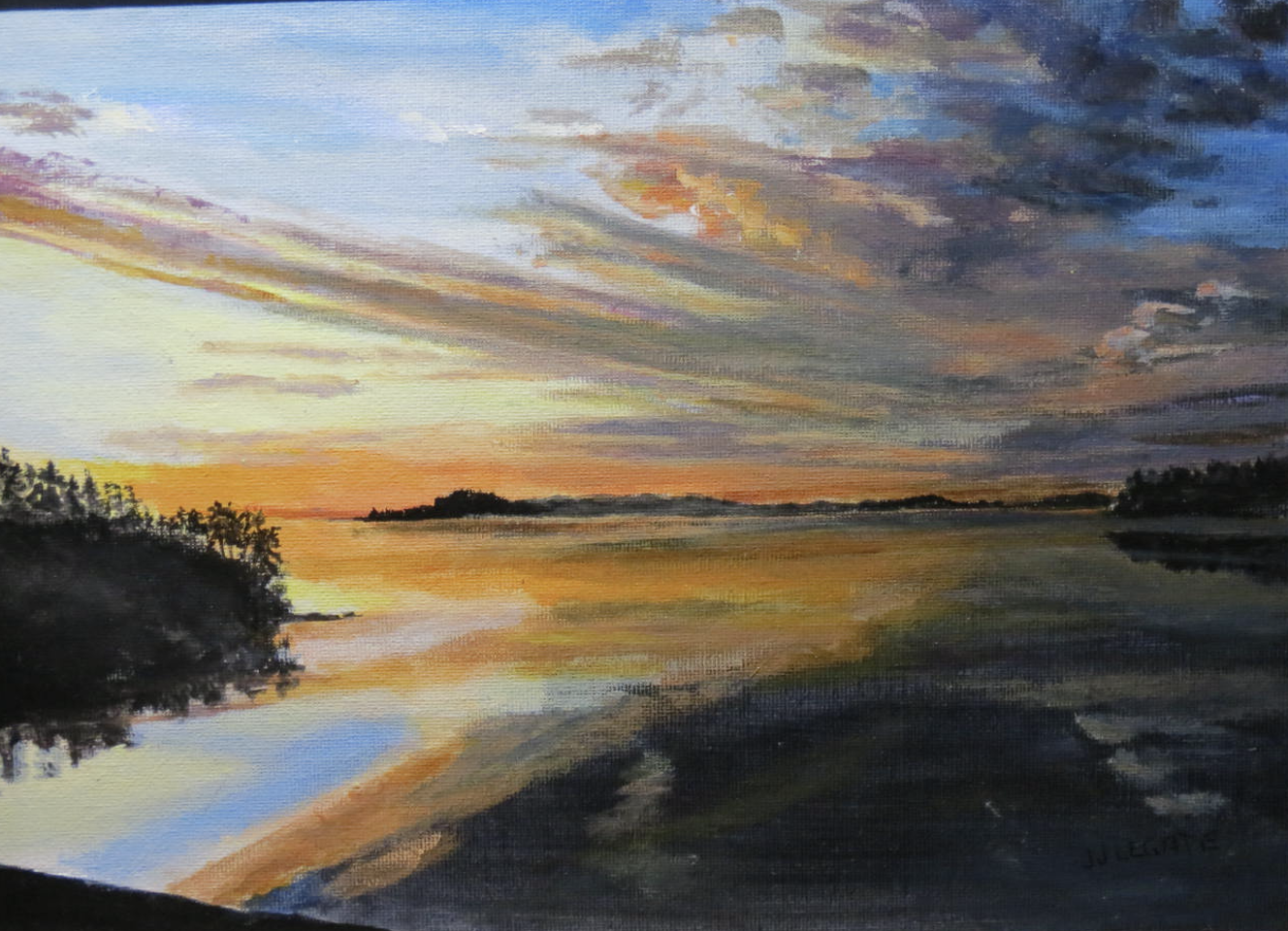
Introduction to an Ecological Worldview
A platform dedicated to fostering a shift from hierarchical worldviews to ecological consciousness. It addresses pressing issues such as climate change, biodiversity loss, and social inequalities, emphasizing the need for both systemic and personal transformations towards interconnectedness and sustainability.

A paradigm shift to an ecological consciousness is necessary, if we all are to work effectively together on the issues of climate change, along with social justice disparities.
Category 1
Category 1
Explore articles
-

Poems
Experience the emotional resonance of our natural world through poetry. Each piece invites reflection on the beauty and fragility of the environment, inspiring a deeper connection and a sense of responsibility towards preserving it for future generations.
-

Dialogues
Engage with conversations that question established perspectives and encourage transformative thinking. These dialogues aim to inspire both inner and outer shifts in consciousness, promoting meaningful discussions on ecological and social well-being.
-

Essays
Delve into thoughtful explorations that examine the intersections of ecology, society, and consciousness. These essays challenge prevailing paradigms, offering insights into how a collective shift towards ecological awareness can address global crises and foster a more harmonious existence.









